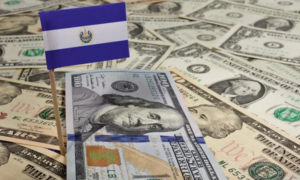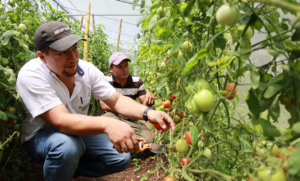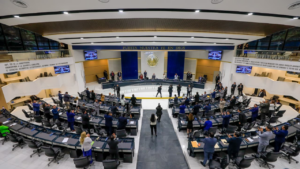
El Salvador is strengthening its strategy to position itself as a competitive tourist destination in international markets with the official launch of El Salvador Travel Market 2025, an event organized by the Cámara Salvadoreña de Turismo (CASATUR), with the support of the Ministerio de Turismo (MITUR). The initiative seeks to increase visitor arrivals, boost economic activity, and promote new business opportunities in the sector.
The first edition of this event will bring together 100 international buyers, tour operators, tourism entrepreneurs, representatives of international media, and strategic actors in the tourism value chain. The objective is to generate commercial agreements that will expand the range of tourism services and strengthen the country’s profile as a world-class destination.

According to CASATUR, projections, the event could lead to new commercial alliances, increased tourist demand, and greater economic circulation in areas such as transportation, hospitality, gastronomy, and related services. In addition, exposure to international markets will allow for the diversification of visitors beyond the Central American region, expanding the reach to markets in North America, Europe, and South America.
The Promoción Turística de Centroamérica (CATA) highlighted the role of the event in consolidating the isthmus as an integrated multi-destination, which facilitates the creation of regional routes that increase joint competitiveness and promote sustainable tourism.

Tourism has become one of the driving forces of the salvadoran economy. According to official data, in 2024 the country received more than 3 million international visitors, generating over US$3 billion in foreign exchange. With events like the Travel Market, the country seeks to maintain this growth, attract new private tourism investment, and consolidate its position as an attractive and profitable destination for business development.
El Salvador Travel Market 2025 is envisioned as a strategic platform to strengthen partnerships, promote sectoral competitiveness, and continue boosting the national economy through tourism.
You can also read:







